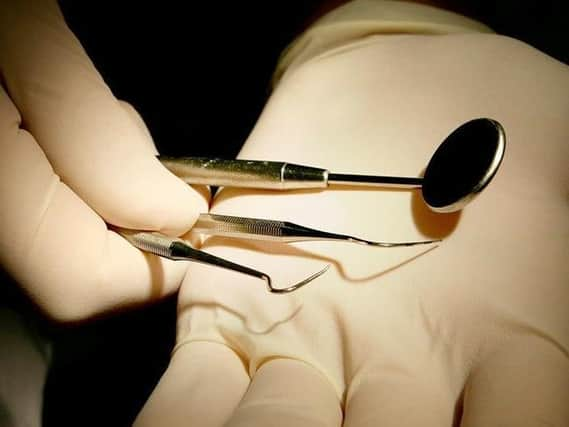One third of young Wigan children suffer from tooth decay, figures show


The British Dental Association (BDA) warned that “grotesque” health inequalities among children in different areas of the country are set to widen as they lose out on free check-ups and school meals during the coronavirus pandemic.
A Public Health England (PHE) survey of 263 five-year-olds in Wigan found tooth decay in 32 per cent of them in the 2018-19 academic year.
Advertisement
Hide AdAdvertisement
Hide AdThe latest population estimates from the Office for National Statistics show there are 3,795 five-year-olds in the area, meaning 1,210 may be suffering with dental problems.
In 2016-17, 38 per cent of children surveyed had tooth decay, suggesting that Wigan children have better oral health now than they did two years ago.
The rate in 2018-19 was the same as the North West’s, with 32 per cent of five-year-olds in the region experiencing tooth decay – either present at the time of the dental exam, or evident because of missing or filled teeth.
Affected children in Wigan often had multiple teeth showing signs of decay.
Advertisement
Hide AdAdvertisement
Hide AdNationally, 18,400 five-year-olds (23 per cent) had decay and more than 1,700 had teeth out.
Amid the Covid-19 outbreak, NHS England has urged dental practices to stop routine, non-urgent care until further notice, meaning five-year-olds across the country will miss out on routine check-ups in the coming weeks.
BDA chair Mick Armstrong said: “With free check-ups and school meals off the menu these grotesque inequalities among our children look set to widen. In the 21st century we shouldn’t accept that the oral health gap between children from wealthier and more deprived communities is inevitable. England has tried and tested policies to hand. Ministers must not let this service or the prevention agenda end up as casualties of this pandemic.”